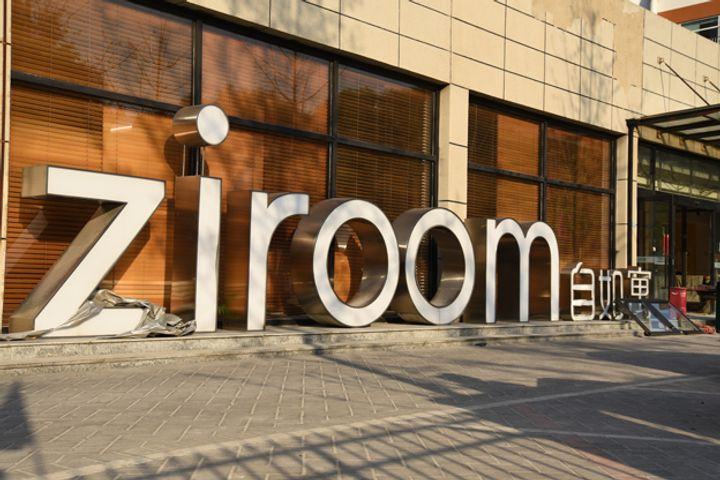China's formerly high-flying residential rental industry has faced constant hurdles this year with the financial pressures of coronavirus and what some analysts call a nonviable business model.
After Nasdaq-listed apartment rental company Danke was recently exposed for failing to pay landlords and evicting hundreds of tenants, China's largest housing rental platform Ziroom is facing similar accusations in first-tier cities such as Beijing, Shanghai, Shenzhen and Guangzhou.
Ziroom is a unit of mainland residential brokerage KE Holdings Inc., known as Beike and domestically as Lianjia. Beike was listed on Nasdaq in August.
Caught In The Middle
Last Sunday, thirteen landlords gathered at the Ziroom Beijing headquarters office, requesting compensation for contract terminations by the company.
"Since this June, Ziroom has been calling and messaging me," said one landlord using the company's service. "They wanted to reduce the rental fee or terminate the contract."
Meanwhile, tenants were reportedly evicted from apartments by being told by Ziroom: "The landlord no longer wants to rent out."
Ziroom followed up with a Monday statement, saying the company will pay landlords "liquidated damages under situations qualified in contracts" and will have a "friendly negotiation" with tenants who are affected by contract termination.
The company added that compensation under normal terms will be two months' rent and "unfortunately can't afford" to pay four to six months as compensation as some landlords requested.
When rumors about Danke nearing bankruptcy circulated last month, Ziroom also came under scrutiny. The company Nov. 17 made an official response, stating "everything is fine with Ziroom and tenants can live with no worries" and asserting that landlords were being paid in a "very timely" manner.
Among nearly 900 residential renting agencies in China, 22% of them reported abnormal operations, while 5% of the firms have received administrative punishments or were accused of severe violations, according to corporate information platform tianyancha.com.
"Irregular" Business As Usual
A former Ziroom employee told Business Times that, to grow market share, the company would pay market rates to landlords but charged lower prices to tenants. While collecting six-month or longer-term rental in advance from tenants, the company was paying landlords monthly or quarterly.
"Sometimes it was irritating for us to find tenants in time when an apartment was not occupied," said the Ziroom former-employee. "Apartment decorating took a short period of time and it involved using poor materials."
Industry analysts said these practices have escalated the expansion of leasing platforms, as the number of professionally managed flats grew more than 10 times between 2013 and 2019, according to an estimate by Frost & Sullivan. With current lower demands for housing, the pandemic has shattered this fragile business model.
Many leasing platforms in China have struggled to pay suppliers. In Danke's case, protesters claimed they were chasing late payments ranging from 200 million yuan ($30.5 million) renovation fees to 5,000 yuan cleaning bills, according to Financial Times.
Meanwhile, tenants who had to borrow money from banks or financial platforms like Huabei, a consumer product by Ant Financial, still have to pay back rental loans.
China's top housing regulator warned in September that it would list leasing platforms as "irregular business" if they continued with practices such as undercharging renters to draw them in or collecting large advance payments.
Un-Halting Expansion
Amid tackling its brand crisis, Ziroom, however, announced Monday the acquisition of a 100% stake in rival company Bestbond, an operator of boutique long-term apartment rentals operating 31 projects across China with about 5,000 rooms.
Ziroom said the merger with Bestbond will boost the scale of integrated rental communities and help Ziroom to carry out more than 50 centralized apartment projects nationwide.
Since its New York listing in August, Ziroom parent company KE Holdings' shares have more than tripled. KE Holding's backers include New York-based General Atlantic, SoftBank Group, Hillhouse Capital Group, Tencent Holdings, Sequoia Capital (China) and Warburg Pincus.
Early last month, Zuo Hui, the chairperson of KE Holdings, noted in a public speech that the company is on mission to bring transparency to China's murky property market, by using its eighteen-year-old physical real estate brand, Lianjia, paired with a digital platform that helps match buyers and sellers through artificial intelligence algorithms.
KE Holdings claims to have 226 million homes on its platform and 39 million monthly active mobile users.





